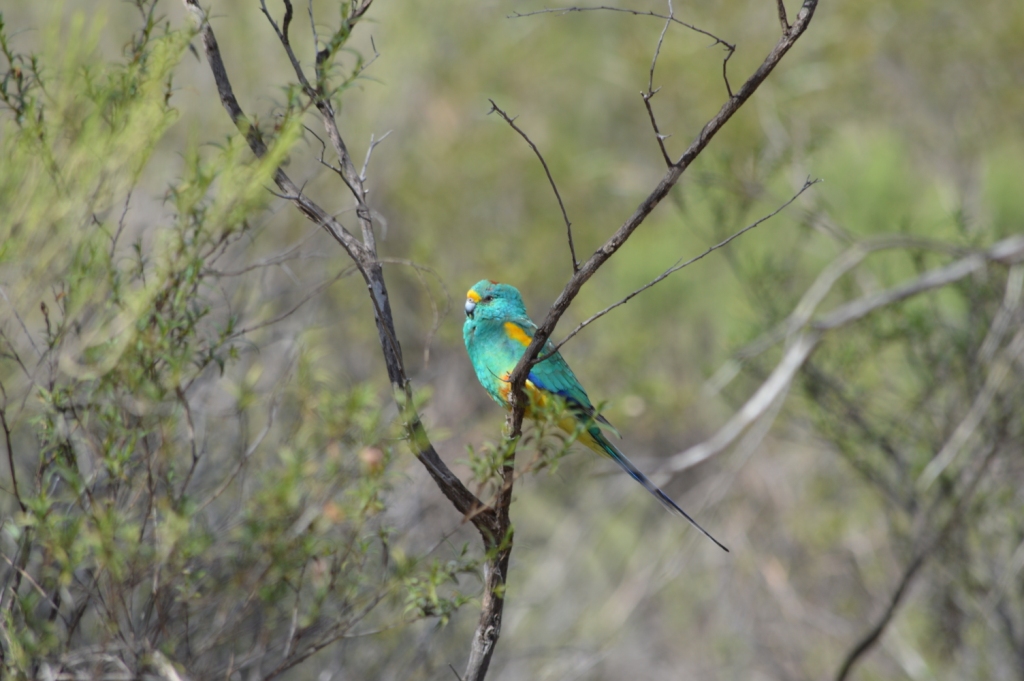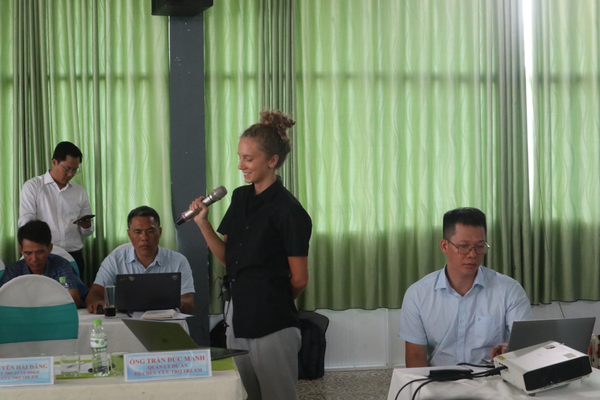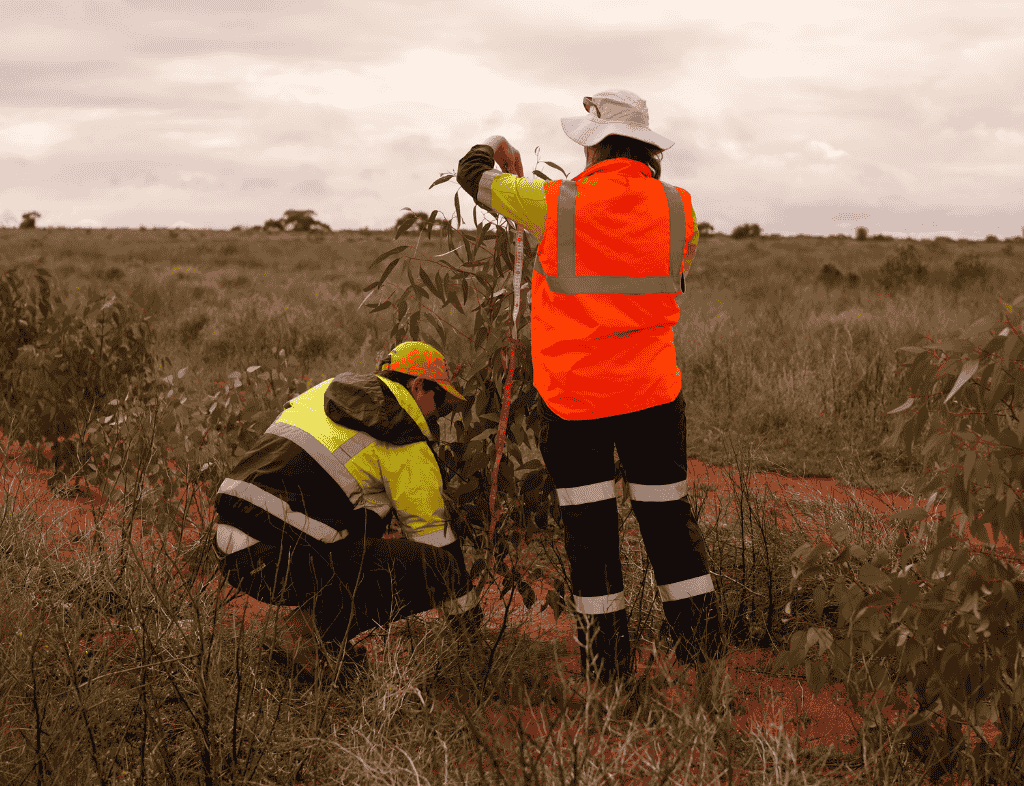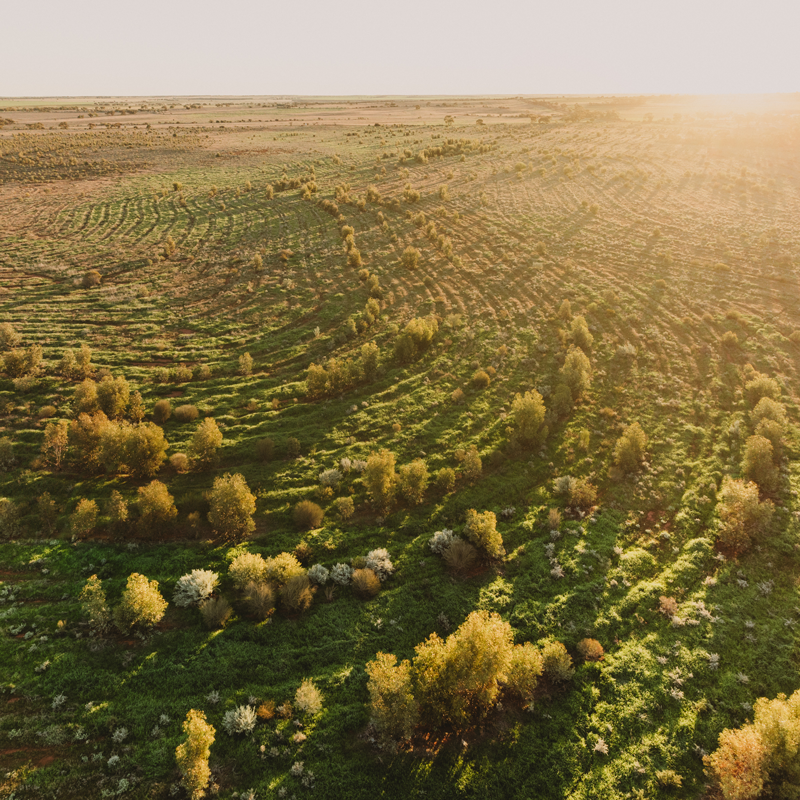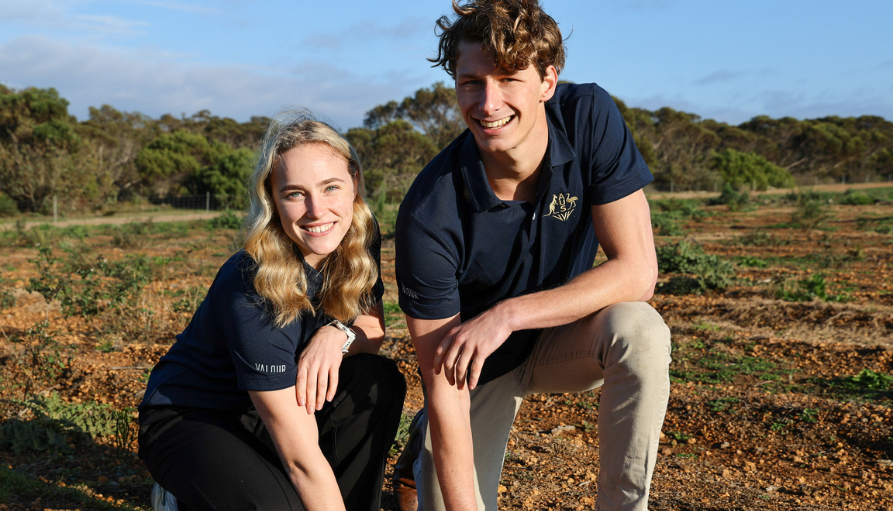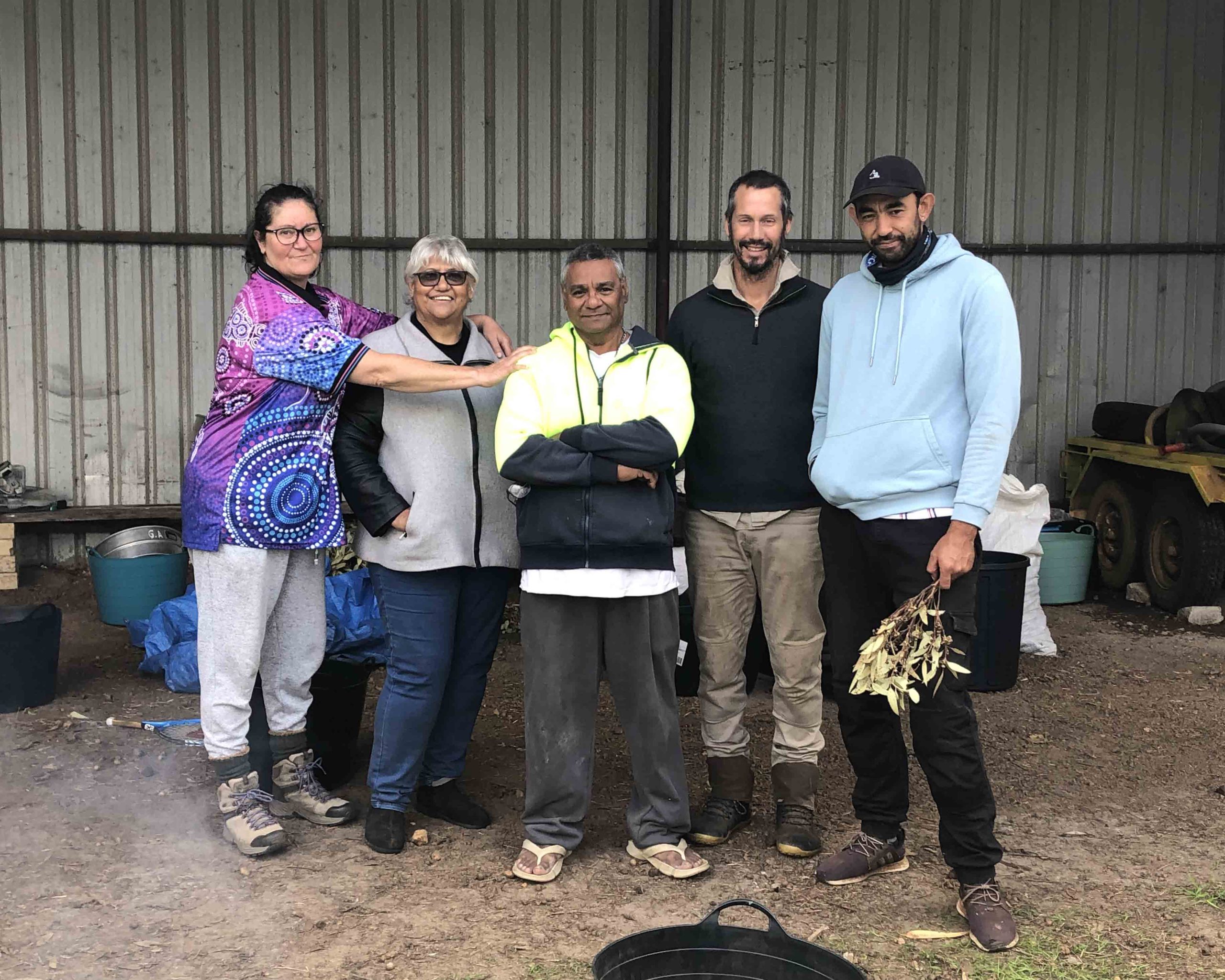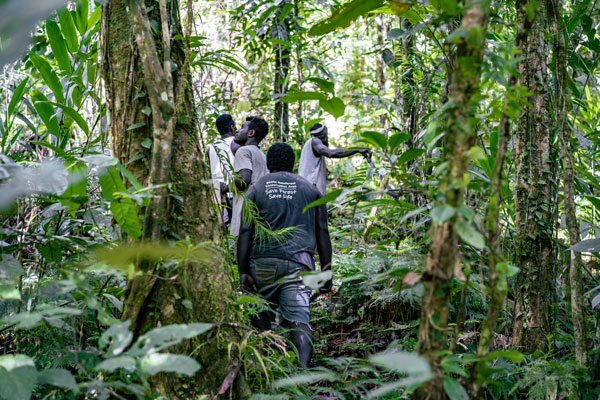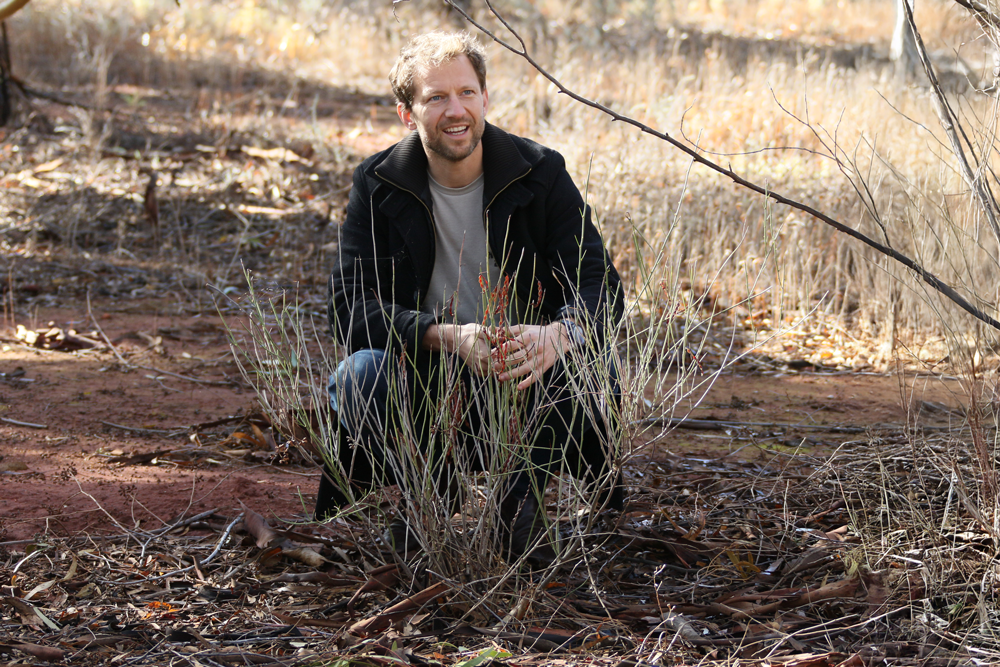Private Conservation Takes Lead as State Unable to Protect Endangered Ecosystems
Carbon Neutral
DateSeptember 2025
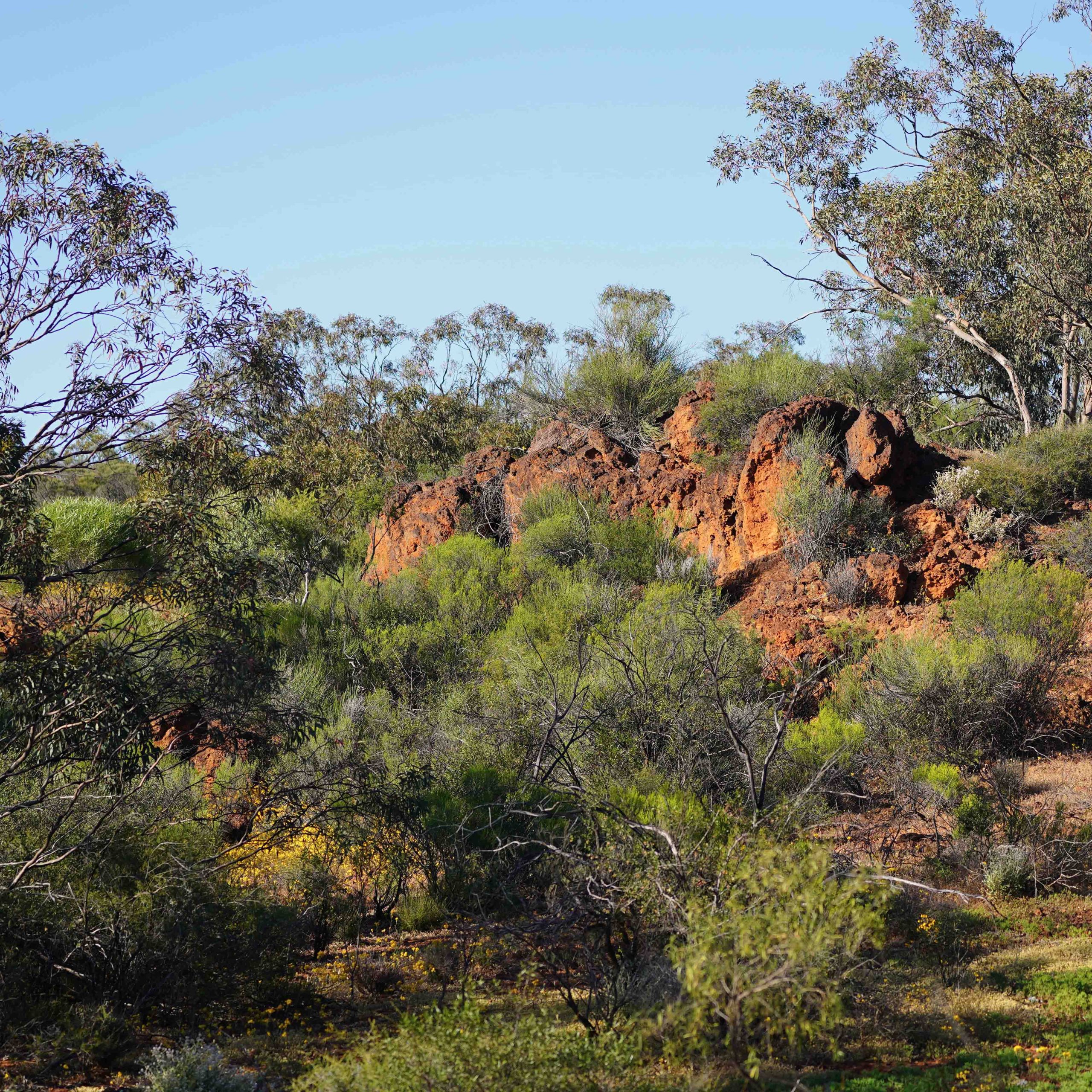
Carbon Neutral launches Perenjori Hills Sanctuary to safeguard critical bushland as Auditor General flags major government shortfalls.
September 1, 2025— Perenjori Hills Sanctuary, AUSTRALIA
Carbon Neutral has launched a new private conservation sanctuary in Western Australia’s Midwest, protecting over 1,000 hectares of endangered bushland at risk of being degraded by feral goats cats and weed invasion.
The move comes just weeks after the WA Auditor General warned that most Threatened Ecological Communities (TECs) in the state are receiving little or no active protection—particularly those located on private land. (Read the WA Auditor General’s overview)
In response, rural landowners—including Carbon Neutral—are stepping in to fill the gap. As landholders of the 1,000-hectare Perenjori Hills Sanctuary, Carbon Neutral and its partners plan to actively manage the site’s TEC, showcasing a model of stewardship that could inspire broader action across the wheatbelt.
The newly established Perenjori Hills Sanctuary covers bushland listed in 2023 as part of the Koolanooka Vegetation Complex, which is recognised as a TEC under both state and federal legislation. It sits in one of the world’s 36 global biodiversity hotspots and is home to rare plant communities and vulnerable species including the Malleefowl and Pink Cockatoo.
“The Auditor General made it clear: we can’t afford to wait for public systems to catch up,” said Ray Wilson, Corporate Solutions at Carbon Neutral. “This sanctuary shows what can be done when private landholders step up.”
POLICY INACTION LEAVES CRITICAL HABITAT EXPOSED
The Auditor General’s 26 June report found that 72% of WA’s TECs fall outside government-managed reserves, with no comprehensive monitoring and little engagement with landholders. The Department of Biodiversity, Conservation and Attractions has listed just 65 TECs since the Biodiversity Conservation Act came into effect, despite identifying nearly 400 others in need of protection.
“We’re dealing with ecosystems that are already teetering on the edge,” Wilson said. “Without urgent action on private land, we’ll lose them.”
NEW MARKET-BASED APPROACH TO BIODIVERSITY FUNDING
Carbon Neutral is also piloting a Nature Credits scheme, enabling businesses to invest in measurable conservation outcomes—similar to carbon offsetting, but focused on biodiversity. This mechanism is designed to fill the policy and funding vacuum flagged in the Auditor General’s report.
“The Department hasn’t secured the resources needed to protect TECs. Our model gives the private sector a way to step in now—not in ten years,” said Wilson.
While the Australian Government is currently developing a national biodiversity credits scheme, it does not yet support ecosystem protection—only vegetation establishment—leaving critical habitats like those in Perenjori Hills without support. Carbon Neutral’s Nature Credits model is designed to bridge this policy gap and could pave the way for other bushland owners of TEC sites to fund conservation.
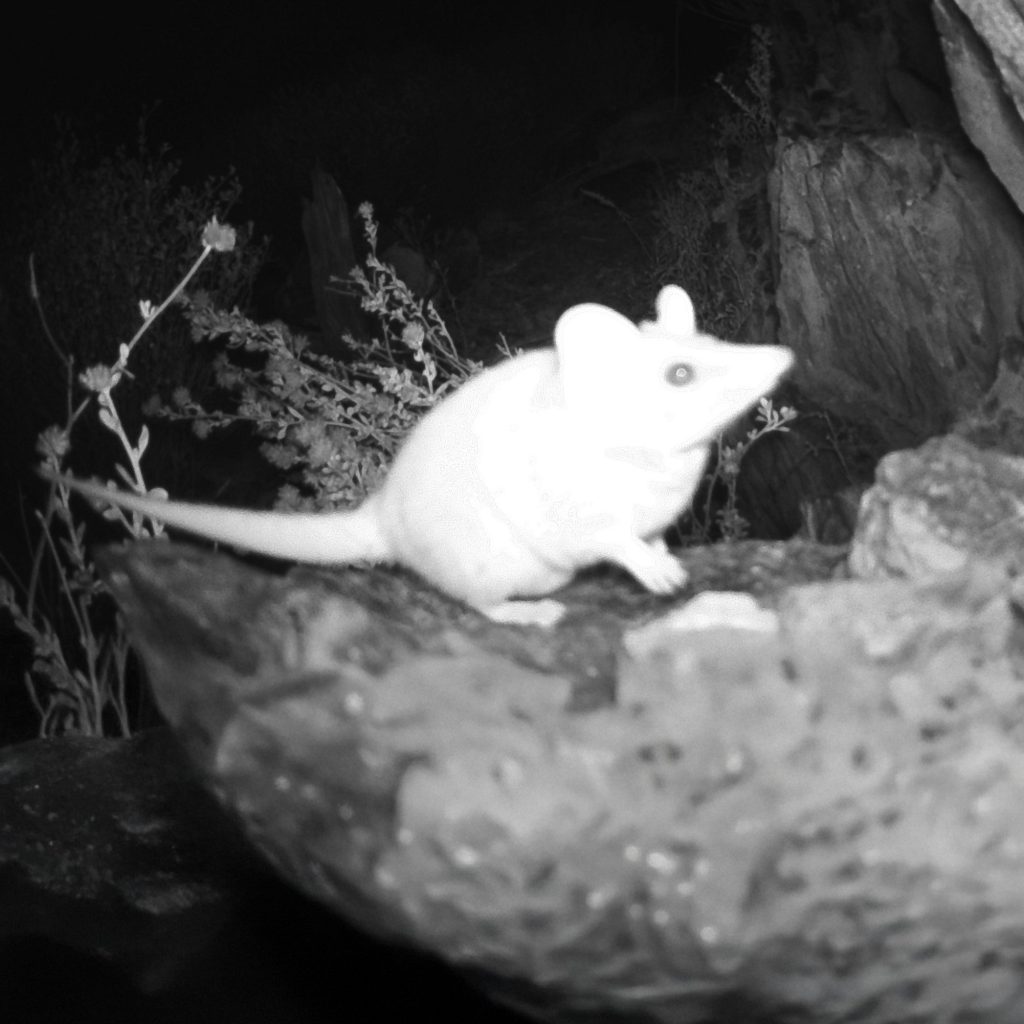
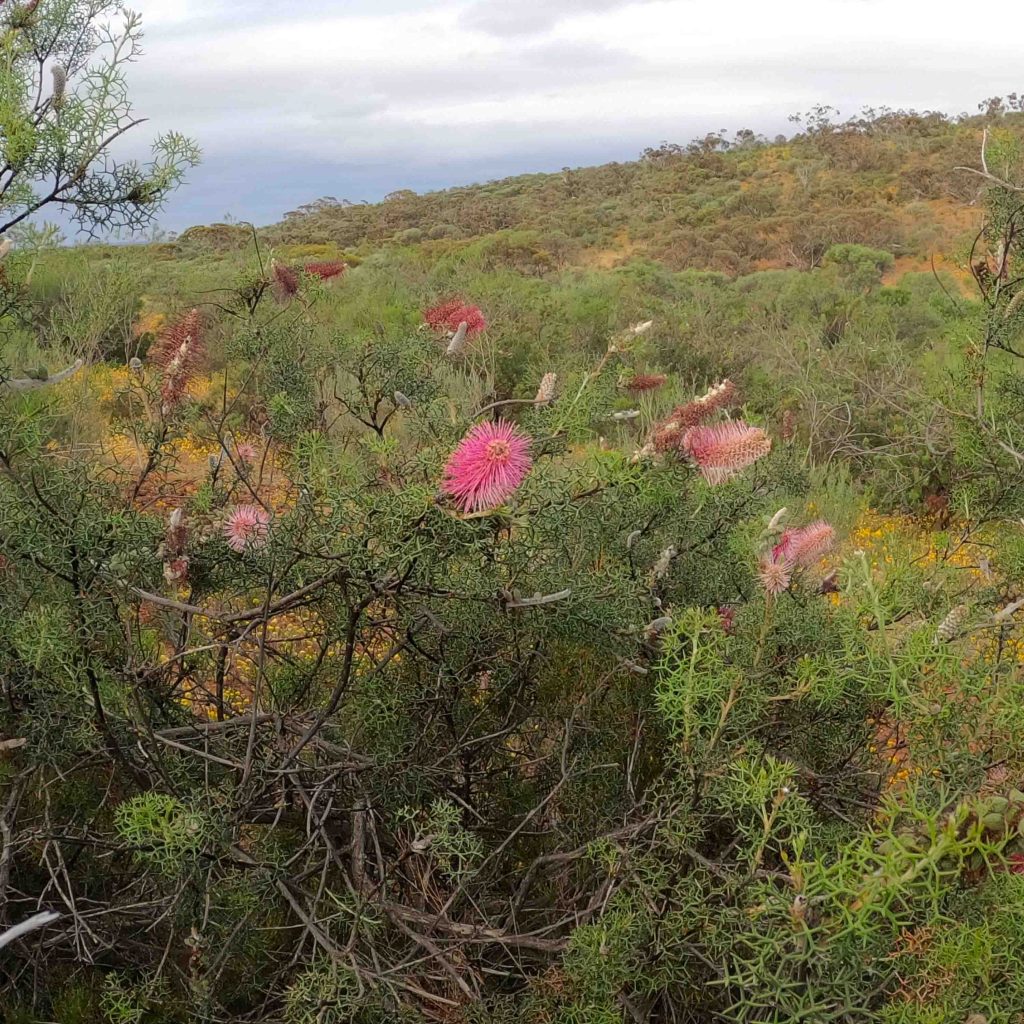
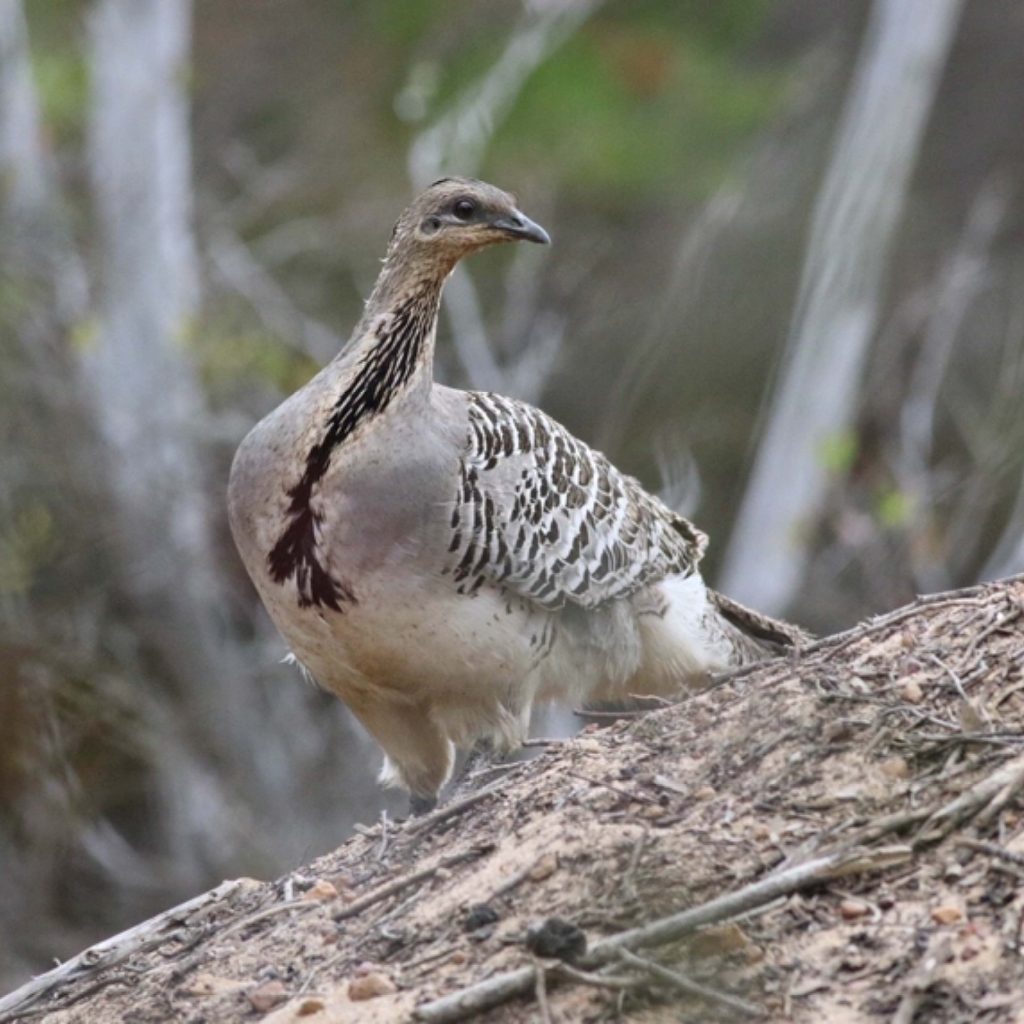
A REPLICABLE MODEL FOR PRIVATE LAND CONSERVATION
Perenjori Hills targets six conservation priorities, including:
- Koolanooka and Wheatbelt Woodlands TECs
- Threatened bush bird and small mammal communities
- Malleefowl and pink cockatoo populations
Carbon Neutral’s model bridges this policy gap and presents a replicable opportunity for wheatbelt farmers and companies with a biodiversity footprint to take meaningful action through the purchase of Nature Credits. This pilot could lay the foundation for long-term investment and stewardship across the region.
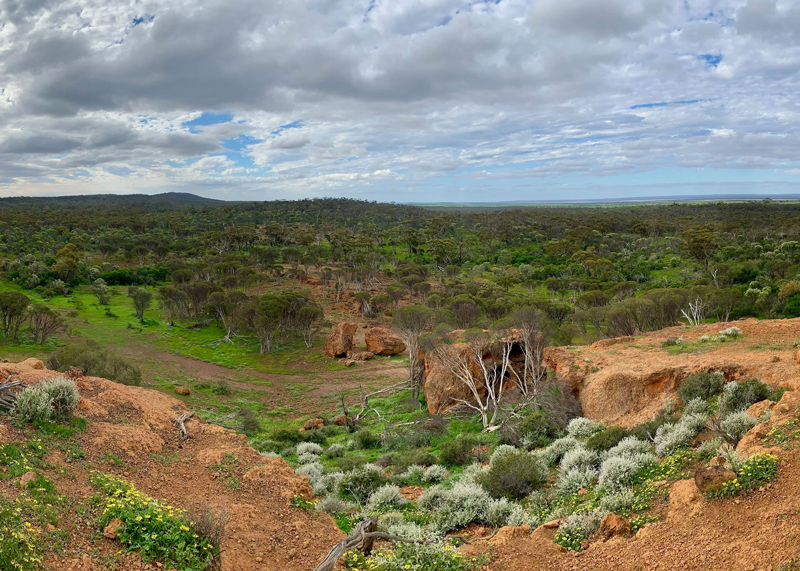
Perenjori Hills Sanctuary
Located in the heart of the Yarra Yarra Biodiversity Corridor, the Perenjori Hills Sanctuary supports rare and threatened species, ancient plant communities, and delicate ecosystems increasingly impacted by habitat loss, invasive species and climate stress. As part of Australia’s largest carbon-based reforestation initiative, its conservation is guided by Carbon Neutral’s Citizen Science program—bringing people closer to nature through hands-on ecological exploration and monitoring.
Explore stories in the world of sustainability, carbon and climate change.

